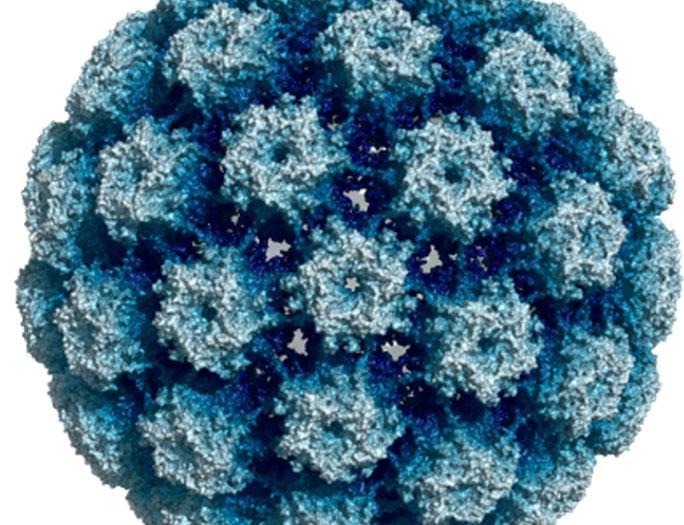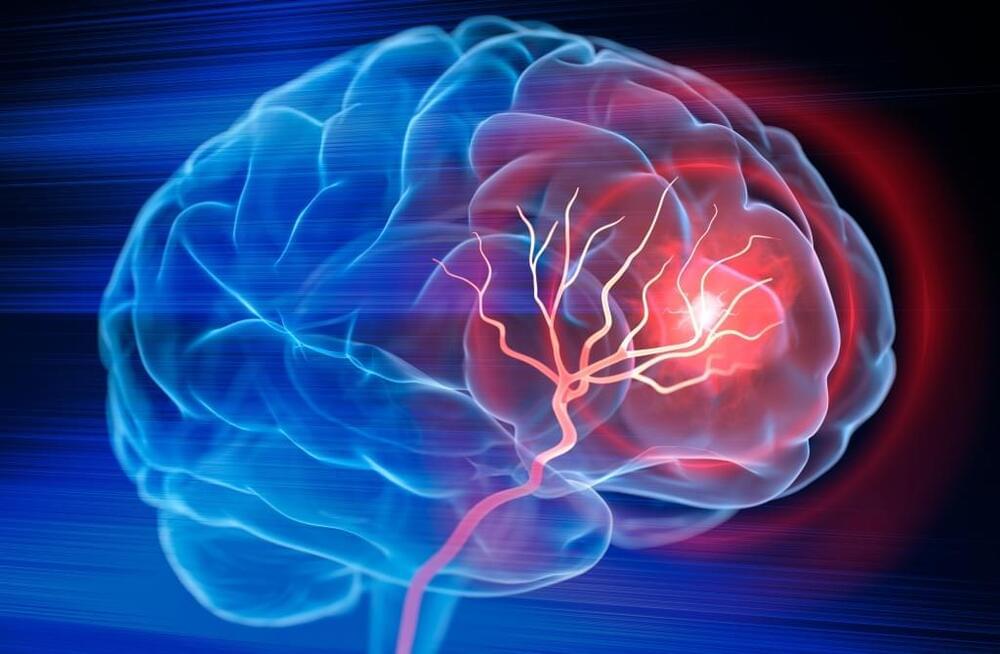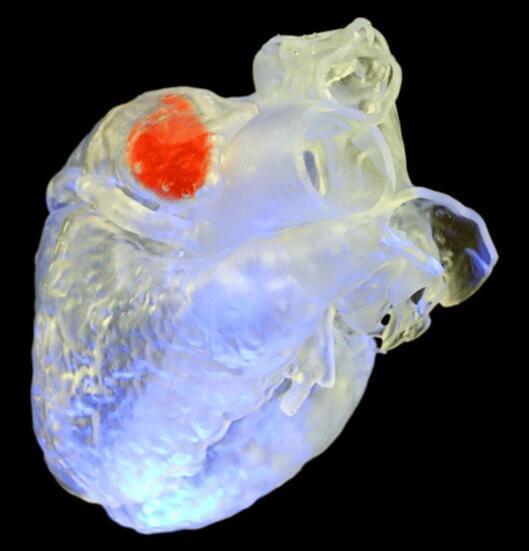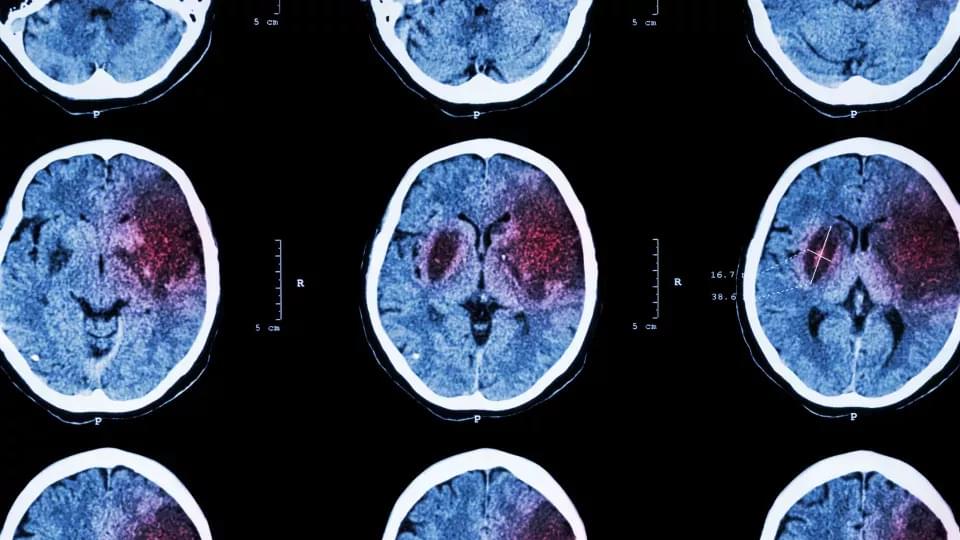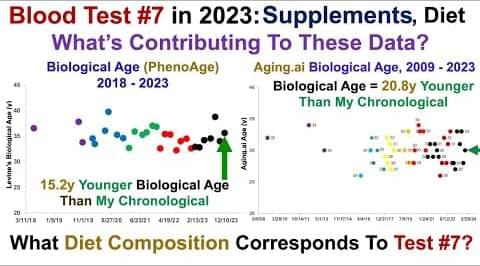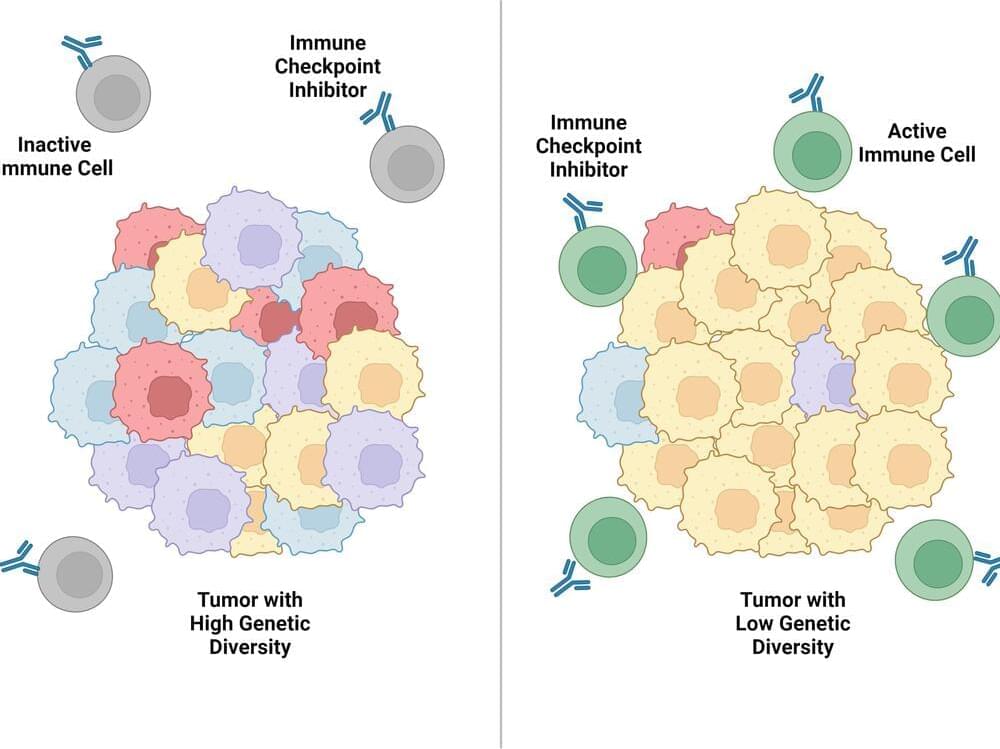Dec 10, 2023
Cancer Moonshot: HPV Vaccine Trial and Accelerated Cervical Cancer Control
Posted by Shubham Ghosh Roy in category: biotech/medical
DCEG researchers are testing one-dose HPV vaccination and creating new cervical cancer screening approaches that are effective and efficient. For high resource settings, the investigators are designing a quick and cost-effective HPV genotyping assay to improve the detection and management of cervical cancer.
